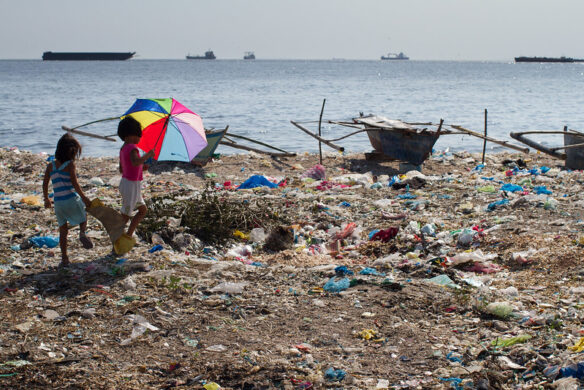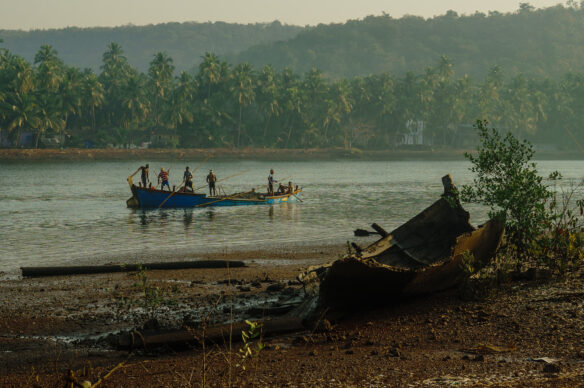
Photo source: ©© TedX
Excerpts,
The environmental catastrophe following the sinking of the Deepwater Horizon oil rig in the Gulf of Mexico continues to unfold. Yet, our growing consumption of oil and gas means that the incident is unlikely to stop the quest for drilling oil at such depths, despite the risks. Questions can be asked about whether or not international law can assist in helping to prevent further accidents of a similar nature arising again…
There are no binding international rules or standards for oil platforms although the International Maritime Organization recently updated its Code for the Construction and Equipment of Mobile Offshore Drilling Units in November 2009. This Code could arguably qualify as recommended practices and procedures which coastal states must incorporate into their national legislation under Article 208 of the LOSC…
Given the potential for serious transboundary harm if a similar spill did occur in the future, coastal states may want to takes measures to ensure that minimum standards are applied wherever a drilling operation takes place. In addition, Benitah argues that a treaty would help governments resist pressure from the oil industry and related lobby groups to minimise regulatory supervision…









